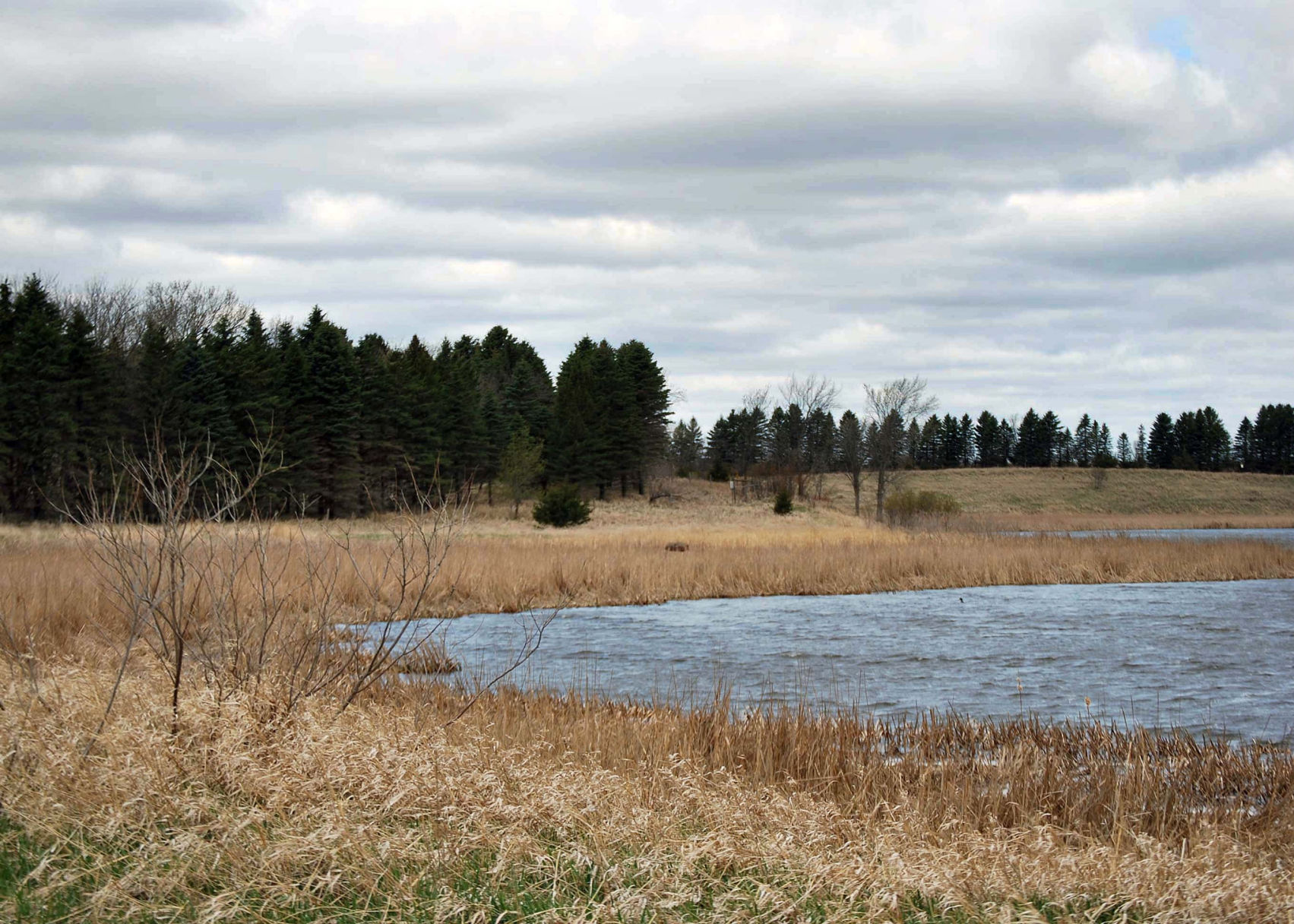Homestead, farm, and ranch properties are not just places of residence or businesses; they are vital components of our food production systems and ecosystems. Effective management ensures the long-term viability and productivity of these properties, while also promoting environmental stewardship and preserving rural communities.
Proper property management ensures optimal agricultural productivity. It involves making informed decisions about crop rotation, soil conservation, irrigation systems, and livestock management practices. By implementing sustainable farming techniques, such as organic farming or precision agriculture, property owners can enhance soil health, minimize water usage, reduce chemical inputs, and improve crop yields. Well-managed properties also contribute to regional food security by maintaining a steady supply of agricultural products and supporting local economies.
Homestead, farm, and ranch property management play a vital role in environmental conservation. These properties often encompass vast stretches of land that provide habitat for diverse wildlife species. Proper land and habitat management practices, such as maintaining wildlife corridors, protecting wetlands, or planting native vegetation, promote biodiversity and preserve natural ecosystems.
Managing livestock grazing patterns and controlling invasive species can prevent land degradation and maintain the balance between agricultural activities and environmental sustainability.
The importance of homestead, farm, and ranch property management cannot be overstated. Effective management practices support agricultural productivity, food security, and rural economies, while also promoting environmental conservation and the preservation of natural habitats.
By recognizing the significance of responsible property management, we can ensure the long-term viability of these essential components of our agricultural landscape.
With that in mind, check out this video about choosing the right equipment for your land management needs.




